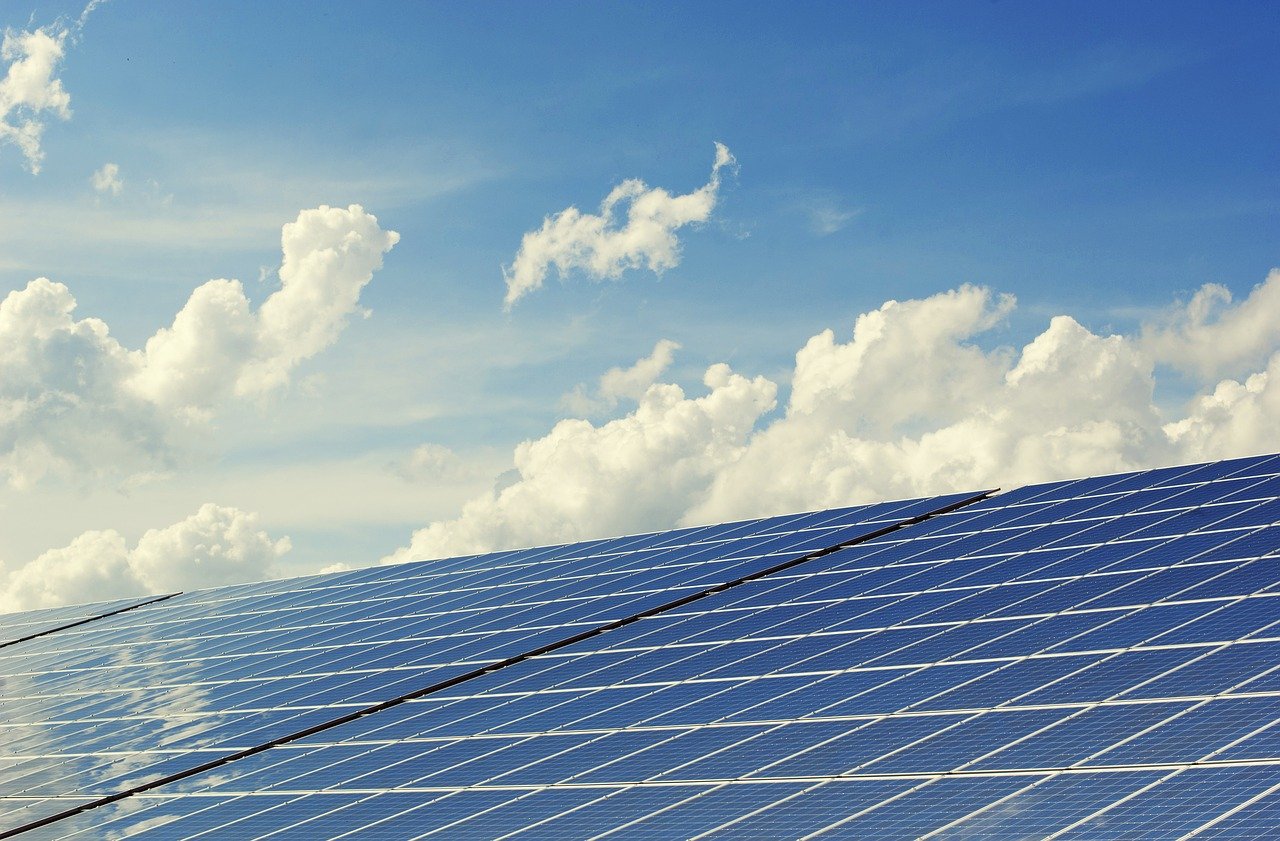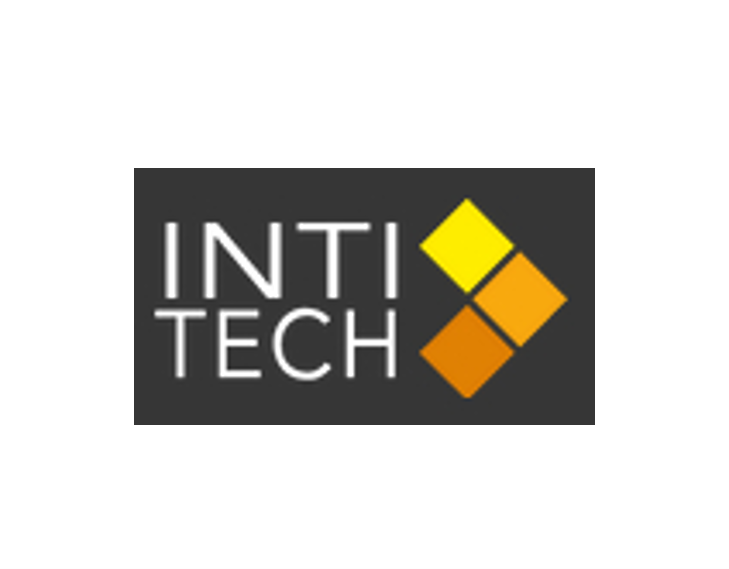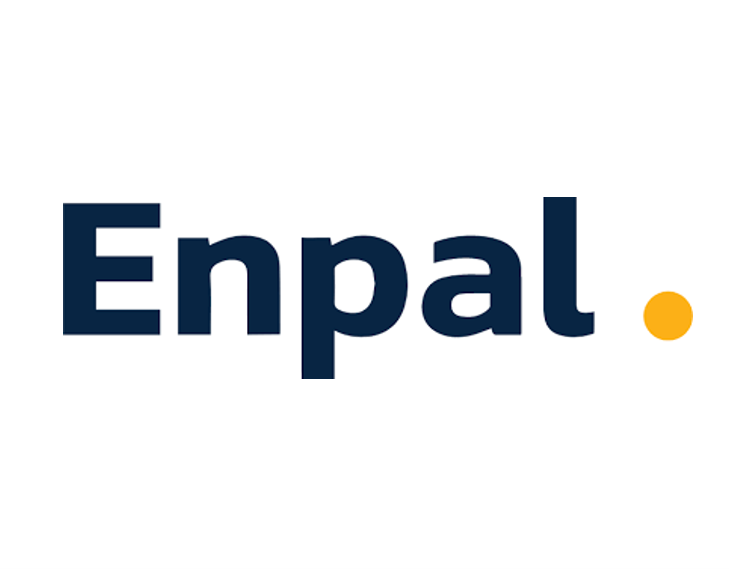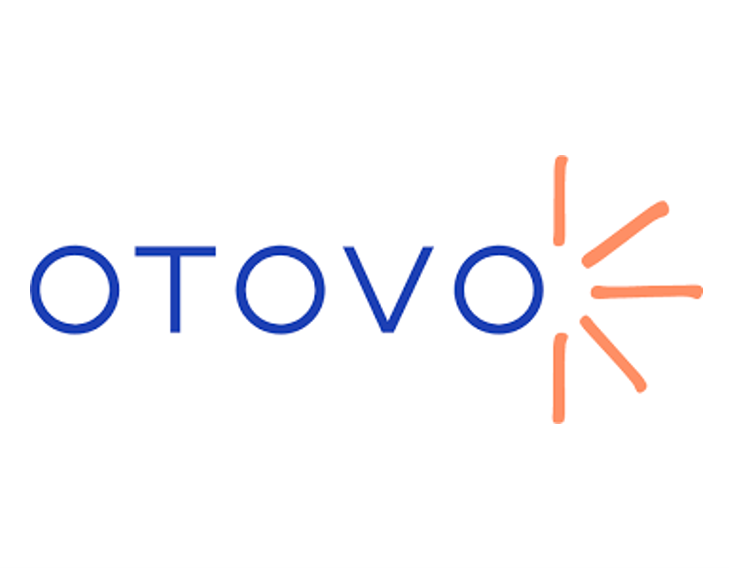123Fab #79
1 topic, 2 key figures, 3 startups to draw inspiration from

In early March, the price of natural gas in Europe hit an all-time high due to tensions between Ukraine and Russia, reaching €345 per megawatt-hour. In response, the EU proposed the REPowerEU plan, to increase the resilience of its energy system, and plans to cut imports from Russia by two-thirds this year. Alternative energy sources like solar, hydrogen and next-generation nuclear are in the spotlight. To that extent, solar is seen as one of the fastest replacements for Russia’s supply. The Commission estimates that by accelerating the rollout of rooftop solar photovoltaic systems to 15TWh this year, the EU could save an additional 2.5 billion cubic meters (bcm) of gas (155 bcm of gas was imported from Russia in 2021). Overall, solar energy seems to be an essential way for Europe to wean itself off Russian gas and it has become a priority for governments in a very short time. Start-ups and players in the sector have understood this well.
Solar energy is already well represented in the European energy mix, reaching a record 10% of total electricity last summer with a 34% increase in solar PV capacity compared to 2020. It is particularly popular with companies and individuals for its profitability. In 2020, 16% of the French photovoltaic park was composed of residential roofs, with a power of less than 9 kWp. Depending on the technology of the panels used, their power, the geographical area of implantation, the orientation, the inclination or the materials of the solar kit, the yield of the photovoltaic panels can vary from 6 to 24%. This puts them slightly below wind turbine efficiencies, which vary from 20 to 35%. The issue of efficiency is closely related to the recurring questions about the reliability of solar panels. Indeed, any change in the availability and intensity of sunlight has an impact. Technology has addressed this issue with battery storage options for off-grid systems. By storing excess solar energy in batteries, energy can continue to be distributed when there is no sun to power the panels.
Startups have played a key role in this sector in providing answers to the various limitations of solar panels, especially from a BtoC perspective. This is the case of Pika Energy, acquired in 2019 by Generac, which offers a complete platform dedicated to energy management and storage. The startup ensures an efficient flow of energy between the smart battery, the solar cells and the building, to produce energy continuously. Another well-known limitation to the efficiency of photovoltaics is the dust and dirt that can accumulate on the solar panels. In response to this, the startup Pellucere has developed the MoreSun product, which adds an anti-reflection and anti-fouling silica screen to solar panels. Field tests of the startup’s solution have shown energy gains ranging from 3.5% to 4.1%. Another startup, Inti-Tech has developed semi-autonomous and autonomous cleaning systems that clean solar farms without the need for infrastructure changes, with absolutely no water and fewer people than traditional cleaning methods.
The growing need for solar energy is also leading to increased fundraising in the sector, notably through the creation of funds dedicated to the transition from fossil fuels to clean energy, such as Gaia Impact Fund or Energy Transition Ventures. Germany-based company Enpal has raised the most venture capital so far, following a €150 million investment by Japanese venture capital fund SoftBank six months ago. Its BtoC solution is full stack: it sources its solar panels, modules, batteries and inverters directly from China, employs all the installers and has also created its own software. Another startup, Otovo, raised €30m in February. Its solution is a kind of marketplace: Otovo does not install its own solar panels but instead uses local contractors.
It seems that the crisis in Ukraine has been an accelerator for renewable energies, and in particular solar energy. Green energy has jumped really quickly from the ESG budget to the national security budget. This is especially true for countries that were highly dependent on eastern energy, such as Germany, where total solar PV capacity reached 59 gigawatts in 2021 and is expected to rise to 200 gigawatts in 2030. This opens many doors for players in the sector, especially in the installation and recycling of these solar panels, which will become a central issue for the next decade.
2 Key Figures
The solar energy market is expected to reach $200 billion by 2026, growing at a CAGR of 20% between 2020 and 2026
It was estimated to be worth $50 billion in 2019 – GlobeNewswire
+1,300 Funding Rounds in solar energy
In the last 10 years – Tracxn 2021
3 startups to draw inspiration from

Inti-Tech
The chilean startup has developed an electro-mechanic device to make more efficient the operation of solar photovoltaic plants. It offers an automatic, high-frequency and eco-friendly cleaning service to stop the efficiency loss caused by dirt over the surface of PV modules. One robot per array of panels is permanently installed to clean with no human intervention.

Enpal
The German startup uses AI for provisioning and installing solar panels. The whole provisioning part of the installation is done remotely with AI-based algorithm. An app allows consumers to measure their energy gathering, storage and consumption, and to pay for services. They pay rent on the solar panels and for the all-round service.

Otovo
The Norwegian startup connects solar energy installers with homeowners who want to put solar panels on their roof. The solution analyses the potential of any home and finds the best price and installer for customers based on an automatic bidding process between available installers. Otovo has more than 12,000 customers and expects to add 10,000 new customers in 2022.
Interested in a startup landscape or in an insights report?
Please fill out our contact form so that we can get back to you very quickly with our product offer.
Want to subscribe to our 123Fab?
Fill out our form to receive the latest insights into your inbox.
